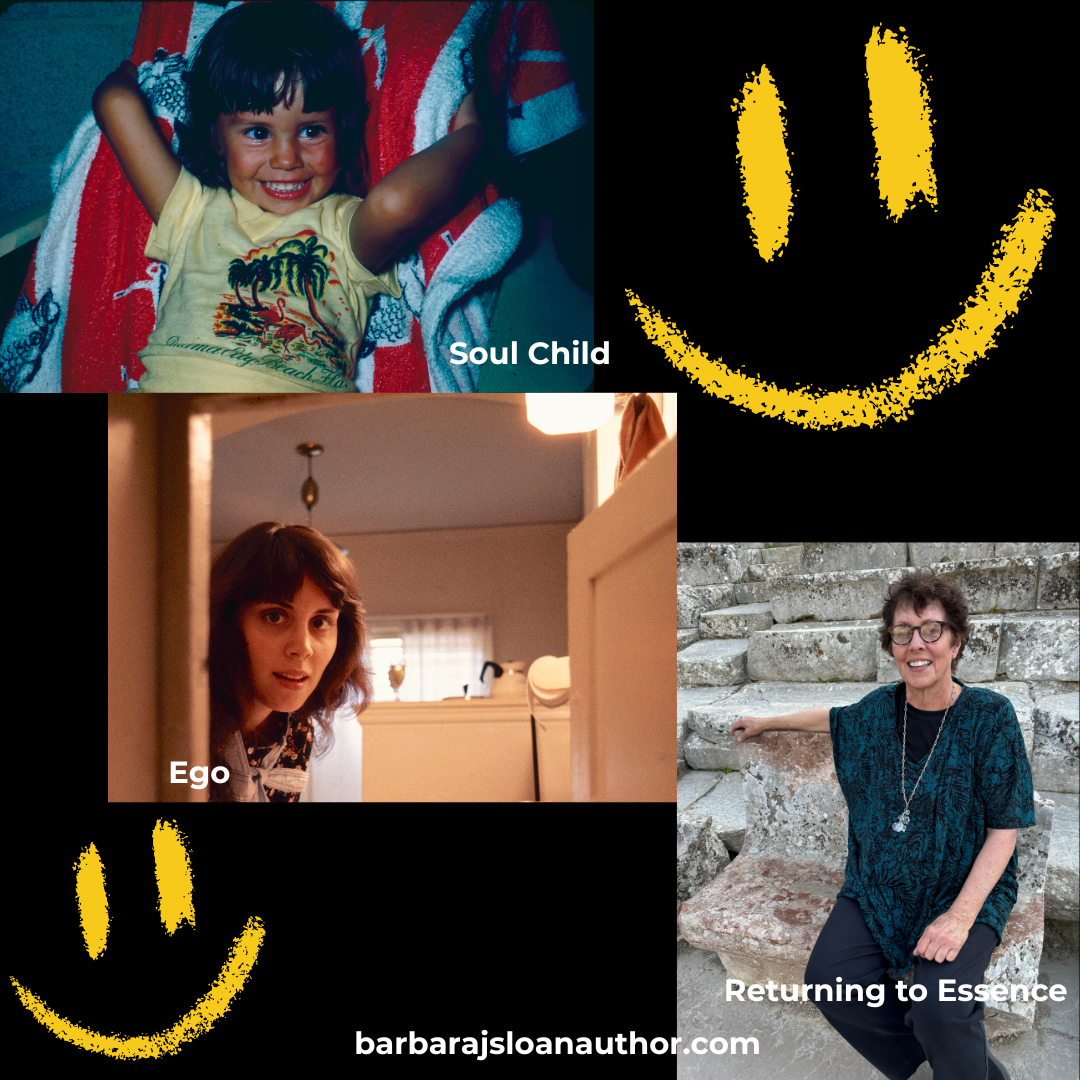What’s in a Face?
Blog 58
“God hath given you one face, and you make yourselves another.”
Hamlet in Shakespeare’s Hamlet, Act 3, Scene 1
“God hath given you one face, and you make yourselves another.” Do we all present different versions of ourselves, depending upon whom we are with? Of course we do. Such disguise is a human tendency for self-preservation.
This quote comes in the midst of Hamlet’s fairly long harangue against Ophelia. He accuses her of being two-faced. Ah! That’s another universal behavior, right? He even suggests she uses makeup to deceive — and how many women don’t apply a little blush and shadow to look their best? Ophelia appears innocent enough, Hamlet suggests; but she alters herself outwardly to hide something inside. He essentially indicts her for being artificial, duplicitous, and insincere.
But is she? Among other motivations, Hamlet is feigning madness as he deftly manipulates the interaction with Ophelia in the presence of her father, Polonius, and Claudius, the King. Ophelia, mystified by her beloved Hamlet's emotional outburst, is deeply hurt by his words and is later driven to madness herself — and then, to death.
“God hath given you one face, and you make yourselves another.” At the Institute for Conscious Being, an organization I volunteer and teach for, we like to contemplate the phrase: “What did your face look like before your parents were born?” That question is a Zen koan, a Buddhist riddle designed to challenge our usual thought patterns. Contemplating the phrase can lead to a deeper understanding of self and reality.
Is there a fundamental, unchanging aspect of our being that exists beyond our physical form and the lineage of our parents? And under our usual “face”? Well, we believe so. The question is less about physical appearance, and more about a peeling back of the true nature of our selves. And, it is also a philosophical inquiry into human existence.
“God hath given you one face, and you make yourselves another.” When we are children, we are full of love and exuberance for life. We are connected to other people, to the earth, to the Divine, and we rest in the knowledge that who we are, who we are meant to be, and what we are meant to do, is good and true and magical. We have the fresh, innocent face that God has given us!
But as we are hurt in and by life, we put on veils. The 13th-century Persian Muslim poet, Rumi says, “The Ego is a veil between humans and God.” Sometime after we arrive on Earth, we have woundings that make us wrap veil after veil around our true self. We don’t make the soccer team: veil! We don’t get a favorite role in the school play: veil! We get caught cheating on a math test: veil! We get rejected when asking someone to be our friend: veil! By the time we are young adults, we have put on the veils of our Ego to make it in the world. To protect our Essence. As Shakespeare says, we have made ourselves another face.
“God hath given you one face, and you make yourselves another.” If we work with the Enneagram or other wisdom tools of spiritual awakening, we discover who we really are and how we became broken, or wounded. Such knowledge lets us begin to unwrap the veils with which we have covered ourselves since childhood. We are then able to unmask that face, that persona, we have created and let our God given visage shine through.

